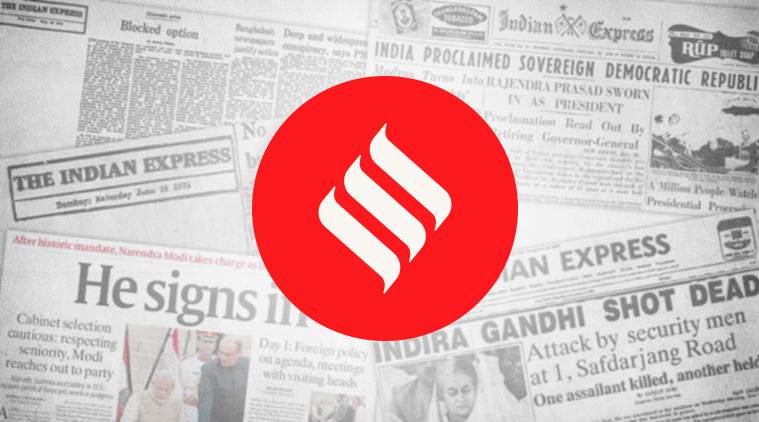Opinion Mis-speaker
Om Birla’s remarks on Brahmin superiority were misjudged, and ill behove his high office.
 Country needs to evolve well-rounded protocols for managing disasters, not look at them as only administrative problems.
Country needs to evolve well-rounded protocols for managing disasters, not look at them as only administrative problems.  Lok Sabha Speaker Om Birla’s recent speech is striking for its barefaced endorsement of the logic of the caste system.
Lok Sabha Speaker Om Birla’s recent speech is striking for its barefaced endorsement of the logic of the caste system.
In India, caste can be as mysterious as Schrodinger’s cat. Those who have for centuries enjoyed the capital that accrues from being on “top” of an entrenched system of inequality believe it does not exist, either as prejudice or power. But then they believe it does, especially when those pinned down as “lower” castes challenge the hierarchy and ask for their due. It is common, therefore, for reservations to be derided as “casteism”. While that is an old, self-serving evasion, Lok Sabha Speaker Om Birla’s recent speech is striking for its barefaced endorsement of the logic of the caste system. Appropriately enough, Birla was speaking at a meeting in Rajasthan meant to help Brahmin families choose Brahmin spouses for their sons and daughters — strict endogamy is what has sustained the caste order for centuries. The BJP leader went on to laud Brahmins for traditionally occupying the uchha sthan (apex position) in society, a position, he argued, they deserved by virtue of their birth. This was no innocent hyperbole from a politician constrained by the need to keep his constituents happy. Nor was this a reference to caste within a policy framework that seeks to redress deprivation caused by discrimination. This was a heedless extolling of the inequality which has for aeons hobbled Indian society, morally, politically and economically.
Caste is, of course, a tangible, material reality in India — and hence, inescapably political. Leaders like Lalu Prasad, Mulayam Singh Yadav and Mayawati stand for an older mobilisation around caste identity that sought more power for the bahujan communities. The mammoth 2019 victory of the Narendra Modi-led NDA has been read, in some quarters, as a blunting of that caste politics, and a flattening of the micro-divisions within society by a larger belief system, be it Hindutva or nationalism. Birla’s comment, however, reveals an anxiety within the BJP, which professes belief in an amelioration of the inequities of Hindu society while shirking a meaningful or radical anti-caste politics.
But the contradictions of ideology cannot be used to condone Birla’s misstep. As someone sworn to uphold the Constitution, which guarantees that the state cannot deny equality of law to any citizen on the basis of caste, religion or birth, he cannot be seen to legitimise the hierarchies that exist in Indian public life, that find enough endorsement in religion and tradition and social practice. Unlike in quantum mechanics, there can be no ambiguity in the politics of the Speaker of the Lower House of Parliament when it comes to his commitment to the letter and spirit of the Constitution.




